 Booking is now open for Spring 2017 Training Courses with the Royal Society of Biology!
Booking is now open for Spring 2017 Training Courses with the Royal Society of Biology!
Courses include:
Persuasive Scientific Report Writing
When: 26 January 2017
Where: Charles Darwin House 2, 107 Gray’s Inn Road, London WC1X 8TZ
What: Participants will learn the principles and processes for high quality communication in scientific thinking and writing, with plenty of opportunity to discuss and practice the skills learnt.
Who: For writers of technical, scientific and other related reports or documents, who wish to improve their report and general document writing skills.
CPD: This event has been approved by the Royal Society of Biology for purposes of CPD and can be counted as 18 CPD points.
Fees: From £100 +VAT
Science Podcast Production
When: 16 March 2017
Where: Charles Darwin House 2, 107 Gray’s Inn Road, London WC1X 8TZ
What: Award-winning science broadcaster Richard Hollingham presents this introductory hands-on course on how to podcast – from getting good quality sound and content – to getting your podcast online and heard.
Who: For those interested in communicating science via podcast.
CPD: This event has been approved by the Royal Society of Biology for purposes of CPD and can be counted as 18 CPD points.
Fees: From £125 +VAT
Writing for a non-specialist audience
When: 23 March 2017
Where: Charles Darwin House 2, 107 Gray’s Inn Road, London WC1X 8TZ
What: How to write in an interesting and easy-to-read way while ensuring your message remains scientifically robust and accurate.
Who: For scientists in academia or industry hoping to improve the way they communicate with non-scientists, or for anyone hoping to develop their blogging and science writing skills.
CPD: This event has been approved by the Royal Society of Biology for purposes of CPD and can be counted as 24 CPD points.
Fees: From £100 + VAT
Presentation Skills
When: 10 April 2017
Where: Charles Darwin House 2, 107 Gray’s Inn Road, London WC1X 8TZ
What: This course will cover practical exercise on personal presentation and body language; structuring your presentation; uses and abuses of visual aids with a focus on Powerpoint; meeting the needs of your audience.
Who: This half-day course is for those who have had little experience of giving presentations.
CPD: This event has been approved by the Royal Society of Biology for purposes of CPD and can be counted as 12 CPD points.
Fees: From 50 +VAT
An Introduction to Exhibition Design
When: 27 April 2017
Where: Charles Darwin House 2, 107 Gray’s Inn Road, London WC1X 8TZ
What: This course will introduce participants to exhibition making, from the development of an exhibition concept to the final product.
Who: This practical course is suitable for those who may need to create a display, for example science communicators or scientists working in public engagement & outreach.
CPD: This event has been approved by the Royal Society of Biology for purposes of CPD and can be counted as 21 CPD points.
Fees: From £100 +VAT
Please click here for the information below about the science communication courses, further information and for full list of courses
 With the Industrial Strategy Green Paper, none of us can afford to miss out! Get yourself prepared and ready to act by attending this event on Wednesday, 1st February 2017.
With the Industrial Strategy Green Paper, none of us can afford to miss out! Get yourself prepared and ready to act by attending this event on Wednesday, 1st February 2017.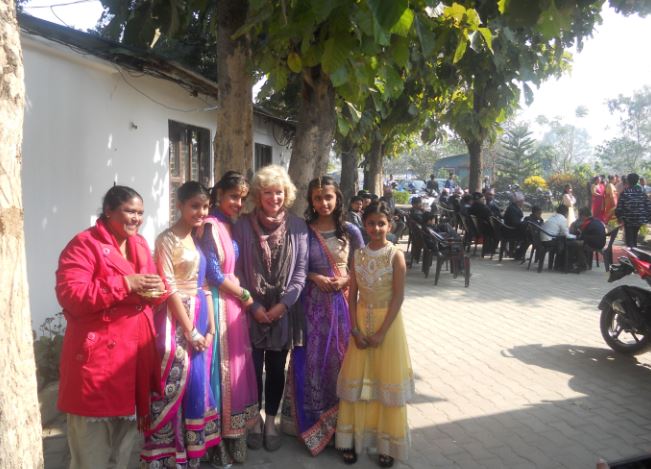
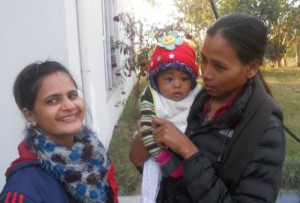
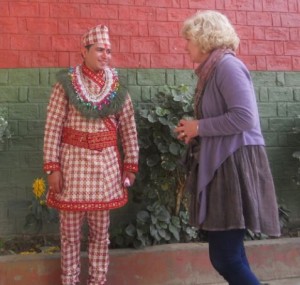
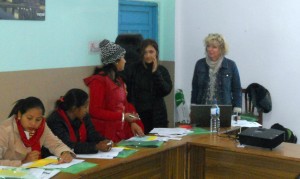
 Booking is now open for
Booking is now open for 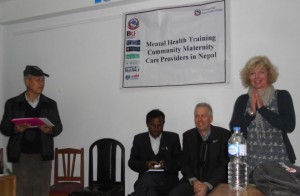
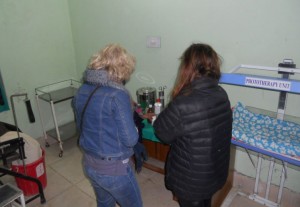
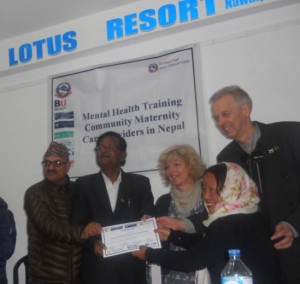



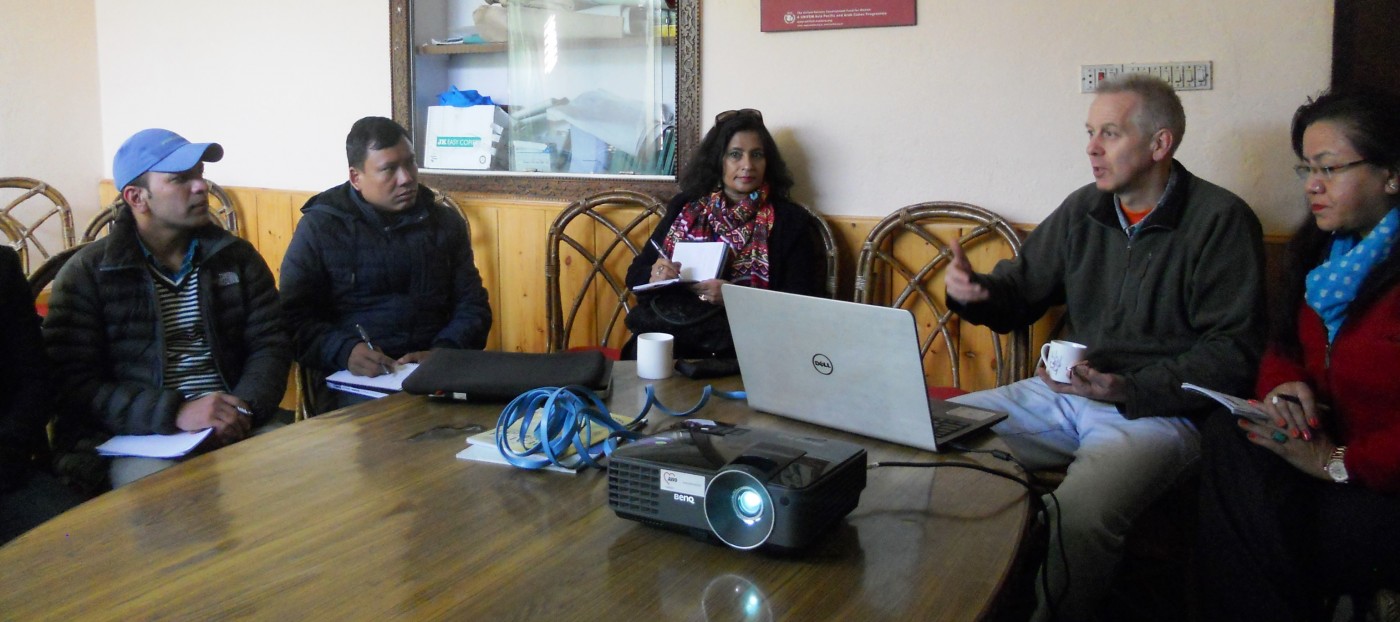


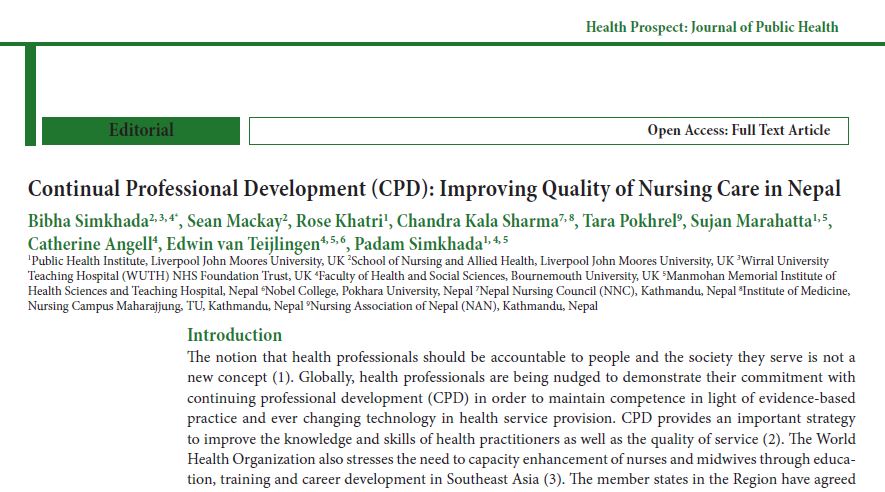

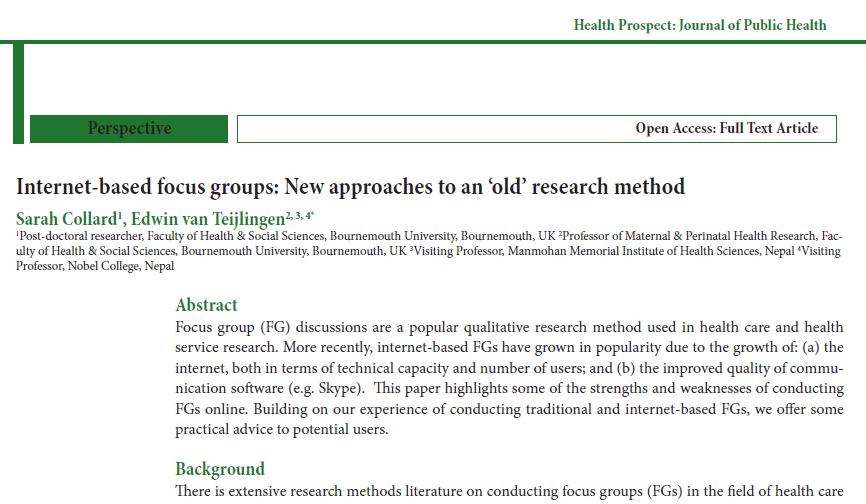
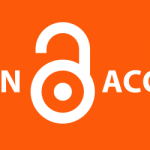
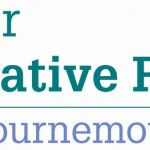
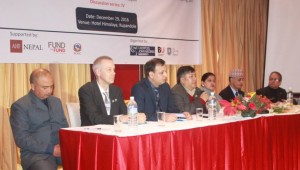
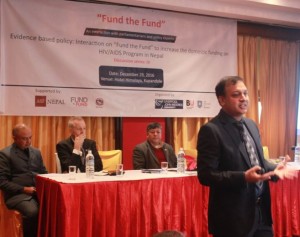

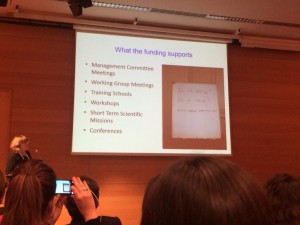 Last week I attended COST Action Training School BEYOND BIRTH COHORTS: from study design to data management which was conducted from November 23- 25 in Valencia, Spain. COST (European Cooperation in Science and Technology) is a unique platform where European researchers can jointly develop their ideas and initiatives across all scientific disciplines through trans-European networking of nationally funded research. The specialist training to which I was invited focused conducting longitudinal cohort studies especially birth cohorts.
Last week I attended COST Action Training School BEYOND BIRTH COHORTS: from study design to data management which was conducted from November 23- 25 in Valencia, Spain. COST (European Cooperation in Science and Technology) is a unique platform where European researchers can jointly develop their ideas and initiatives across all scientific disciplines through trans-European networking of nationally funded research. The specialist training to which I was invited focused conducting longitudinal cohort studies especially birth cohorts.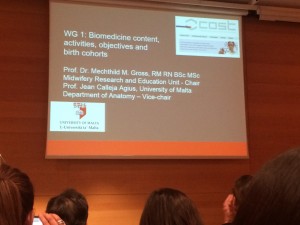
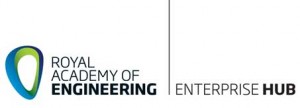












 Nursing Research REF Impact in Nepal
Nursing Research REF Impact in Nepal Fourth INRC Symposium: From Clinical Applications to Neuro-Inspired Computation
Fourth INRC Symposium: From Clinical Applications to Neuro-Inspired Computation ESRC Festival of Social Science 2025 – Reflecting back and looking ahead to 2026
ESRC Festival of Social Science 2025 – Reflecting back and looking ahead to 2026 3C Event: Research Culture, Community & Cookies – Tuesday 13 January 10-11am
3C Event: Research Culture, Community & Cookies – Tuesday 13 January 10-11am Dr. Chloe Casey on Sky News
Dr. Chloe Casey on Sky News ECR Funding Open Call: Research Culture & Community Grant – Application Deadline Friday 12 December
ECR Funding Open Call: Research Culture & Community Grant – Application Deadline Friday 12 December MSCA Postdoctoral Fellowships 2025 Call
MSCA Postdoctoral Fellowships 2025 Call ERC Advanced Grant 2025 Webinar
ERC Advanced Grant 2025 Webinar Horizon Europe Work Programme 2025 Published
Horizon Europe Work Programme 2025 Published Update on UKRO services
Update on UKRO services European research project exploring use of ‘virtual twins’ to better manage metabolic associated fatty liver disease
European research project exploring use of ‘virtual twins’ to better manage metabolic associated fatty liver disease